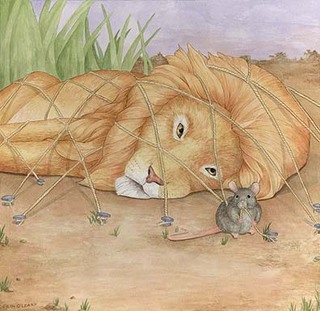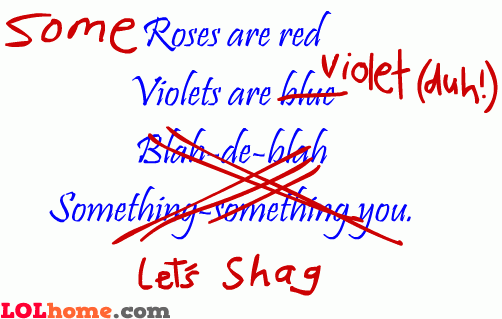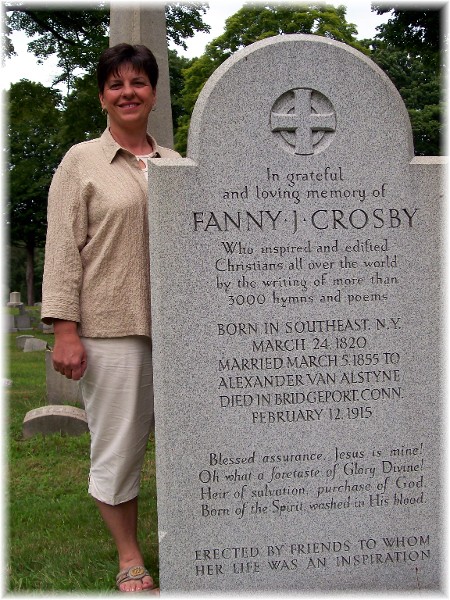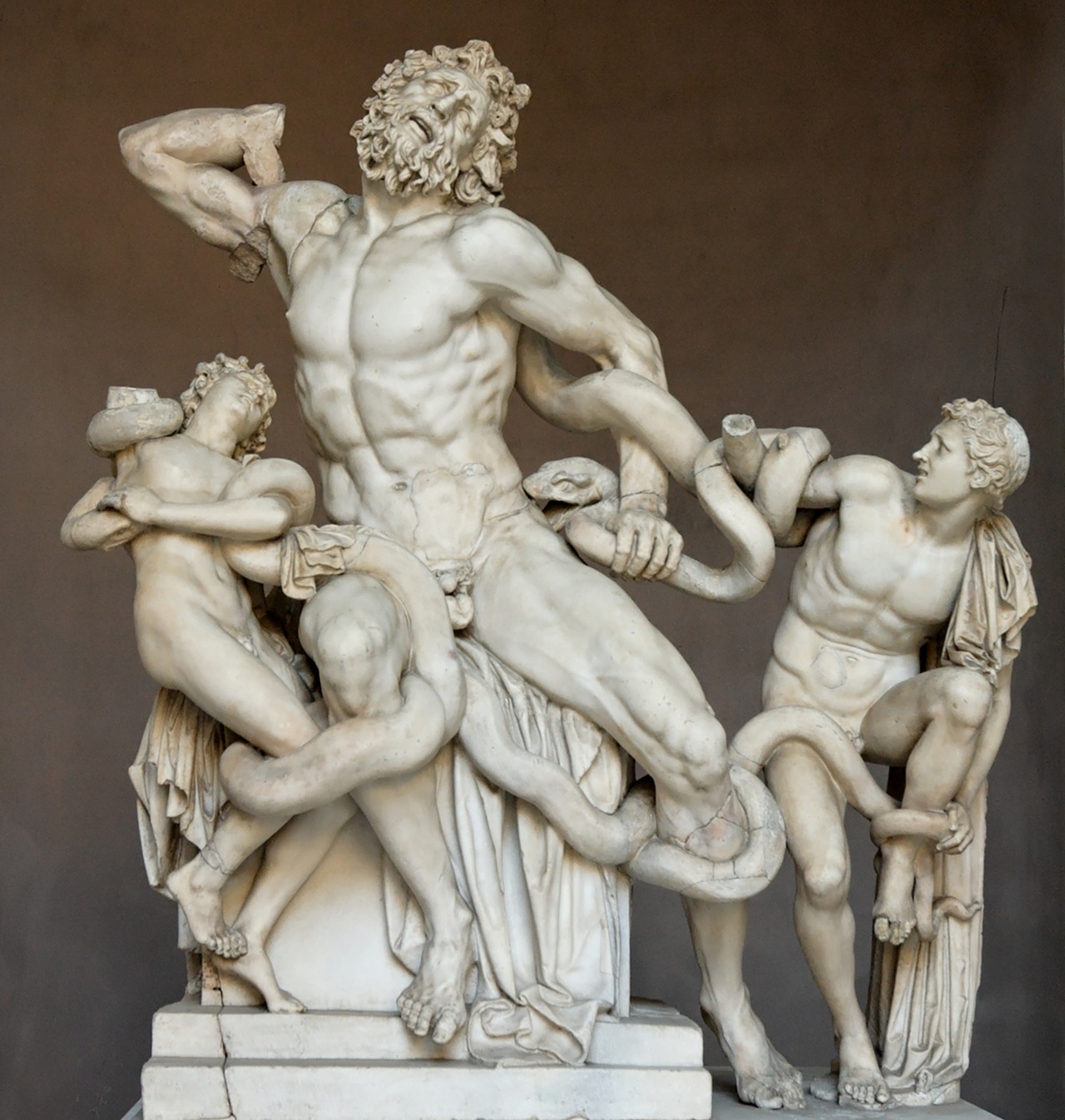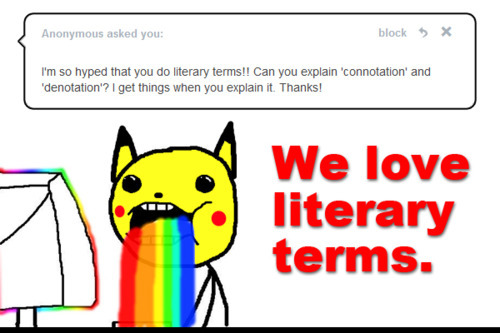Literature Analysis: The Great Gatsby
1. The plot involves a mysterious man named Gatsby. He is known by many, but personally known by few. Gatsby throws lavish, grand parties frequently. He does this in order to impress an old love named Daisy, and try to get her back. When an opportunity arises to get her back, Gatsby jumps on it and they rekindle their love. However, Gatsby's pursuits eventually end in his murder.
2. The theme of the novel is love. All of Gatsby's actions were driven by love. For example, he threw parties, went out of his way to meet up, and took the blame for a hit and run to win Daisy's love. Love is the reason why Gatsby was living in the past, and couldn't look to his future. Ironically, love is also what ended his life.
3. The author's tone is solemn. Examples include when Tom breaks his mistress' nose when she disrespects him, when Gatsby is shot dead in his pool, and when Myrtle is run over. The book consists of tense, serious scenes. There is almost no humor or happy experiences in the novel.
4. Five literary elements/techniques that helped my understanding of the theme/tone were imagery, characterization, setting, symbolism, and diction. An excerpt of symbolism is the green light on Daisy's dock. "A single green light, minute and faraway, that might have been the end of a dock." It represents the hopefulness and longing for love. Although Gatsby cannot reach it, it is always there- just like his devotion for Daisy. An example of setting was East Egg and West Egg. The two both represented wealth, but it also demonstrated that Daisy and Gatsby were disparate; they had grown apart. An instance of imagery is the valley of ashes. "This is a valley of ashes--a fantastic farm where ashes grow like wheat into ridges and hills and grotesque gardens; where ashes take the forms of houses and chimneys and rising smoke and, finally, with a transcendent effort, of men who move dimly and already crumbling through the powdery air. Occasionally a line of gray cars crawls along an invisible track, gives out a ghastly creak, and comes to rest, and immediately the ash-gray men swarm up with leaden spades and stir up an impenetrable cloud, which screens their obscure operations from your sight." This quote uses vivid imagery for the reader to visualize.















